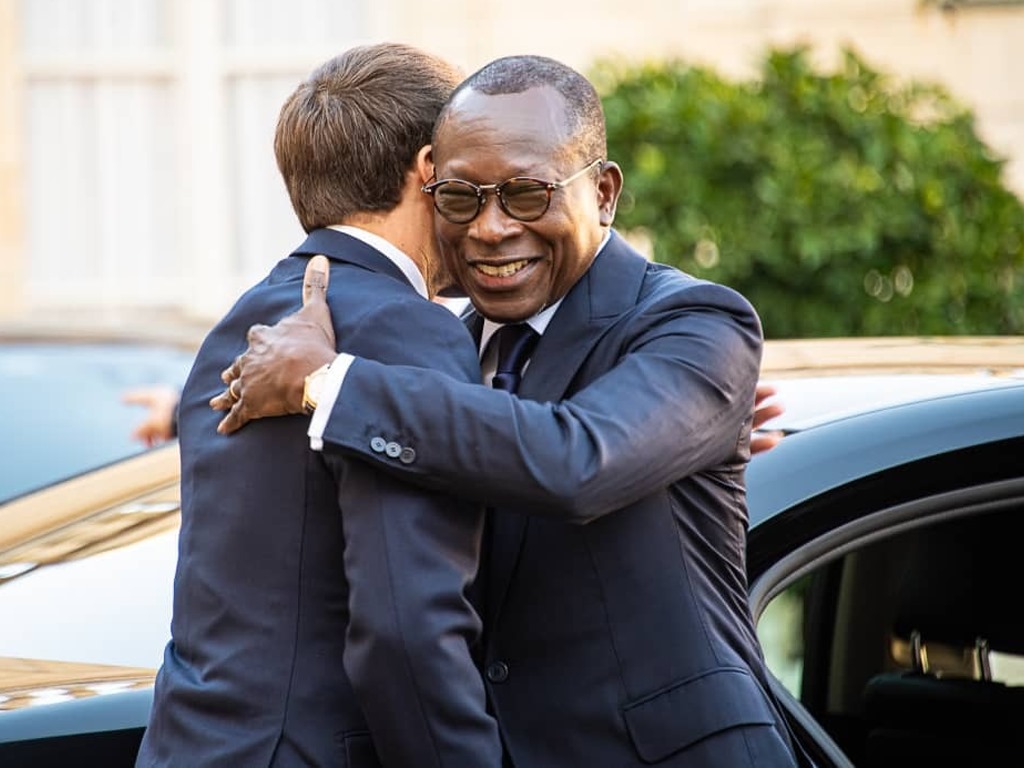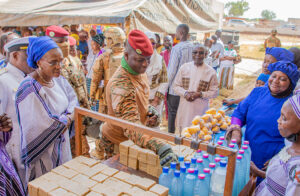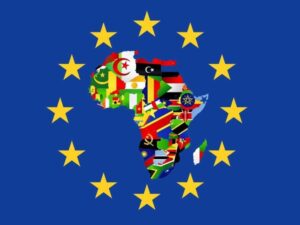Africa/Patrice Talon: A strategic ally in the AES’s destabilisation plan?

Benin’s President Patrice Talon faces mounting criticism for decisions widely seen as betraying the aspirations of African peoples. By allowing the establishment of a French military base near the Niger border, Talon has positioned himself at the center of allegations suggesting complicity in a plot to destabilize the Alliance of Sahel States (AES), particularly Niger.
A Veiled strategy of confrontation
The French base, strategically located near Niger’s borders, is reportedly poised to launch coordinated operations. These actions aim to support troops already stationed along the Niger-Nigeria border, threatening the sovereignty of AES member states.
While presented as part of international cooperation, these military maneuvers are viewed as a direct challenge to the AES’s efforts to resist neocolonial influence in the region.
A Decision rejected by Benin’s Citizens
President Talon’s move has sparked outrage among Benin’s populace, who see it as serving foreign interests rather than national priorities.
Many citizens demand robust opposition to what they perceive as a betrayal of their country’s sovereignty.
They warn that this decision could embroil Benin in a conflict serving external agendas at the expense of regional peace.
France’s role in regional instability
France’s involvement in these military strategies has reignited concerns over its enduring influence in West Africa.
Critics argue that such maneuvers undermine stability and sovereignty, further alienating African nations from their pursuit of independence and self-determination.
The growing discontent underscores the urgency of a united African resistance against these actions.
A Growing divide Between leaders and the People
The policies of leaders like Patrice Talon and Nigeria’s Bola Tinubu highlight a widening gap between political elites and the aspirations of African citizens.
This divide raises pressing questions about the ability of African populations to reclaim their agency and demand governance that prioritizes sovereignty, freedom, and collective development.
The challenge now lies in whether the peoples of the region can collectively resist external pressures and hold their leaders accountable for actions that threaten Africa’s vision of independence and unity.
Maurice K.ZONGO






